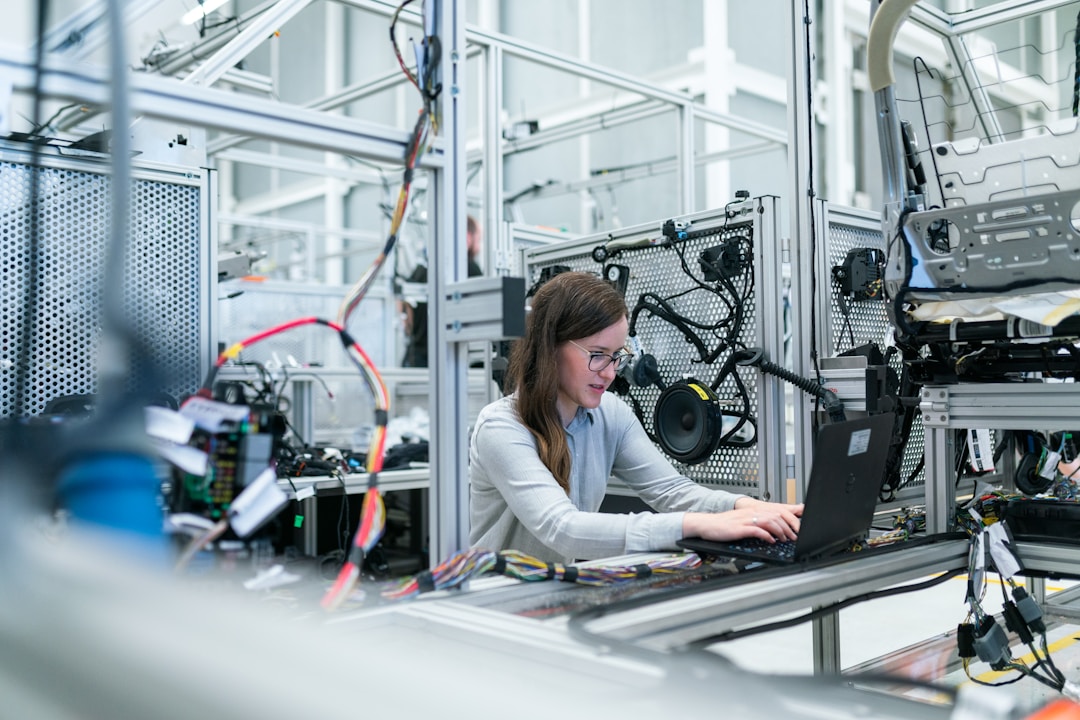When it comes to public health and safety, businesses and industries play a significant role in ensuring the well-being of consumers. Implementing safety initiatives has become crucial for various sectors, from automotive to food service, and manufacturing. In this article, we will explore four industries that prioritize public health by adopting safety initiatives to keep people safe, healthy, and informed. Keep reading to find out more.
Manufacturing and Industrial Sector

Keeping workers and consumers safe is a top priority for the manufacturing and industrial sector. Many companies have developed and implemented safety measures, such as protective equipment and risk management protocols, to ensure a safe working environment for employees and protect consumers from potential hazards associated with their products.
For instance, companies producing plastic caps and plugs ensure their products are high-quality and durable to mitigate risks in various applications, ranging from the automotive and aerospace industries to consumer goods.
Another example is the strict safety measures followed by Esso Diesel in its fuel-related operations. These measures include regular equipment maintenance, employee safety training, and adherence to industry-leading safety protocols to prevent accidents and protect the environment.
Automotive Industry
The automotive industry has been at the forefront of implementing safety measures and campaigns for vehicles and drivers. For years, car manufacturers have been pushing for improved safety features, such as advanced airbag systems, anti-lock braking systems (ABS), and electronic stability control (ESC), to help reduce accidents and save lives.
Moreover, the advent of autonomous and semi-autonomous vehicles has led to a whole new set of safety standards and protocols. Companies like Tesla, Google, and Uber have been investing heavily in research and development of self-driving cars, aiming to drastically reduce the number of traffic accidents caused by human error. These efforts have seen the adoption of stringent safety regulations for testing and deploying autonomous vehicles.
Another vital safety initiative within the automotive industry is promoting road safety through public awareness campaigns. Car manufacturers often collaborate with organizations and government agencies to spread the word about the importance of wearing seat belts, obeying traffic laws, and staying vigilant while on the road.
Medical and Pharmaceutical Industry

The medical and pharmaceutical industry plays a crucial role in ensuring public health by developing, testing, and producing medications and vaccines to fight various diseases. These industries adhere to rigorous regulatory standards to ensure the safety and efficacy of their products.
One of the key safety initiatives in this industry is the implementation of Good Manufacturing Practices (GMP) and Good Clinical Practices (GCP) during the production and testing of medicines. These guidelines help ensure the quality, safety, and efficacy of medications that reach the market.
Additionally, the medical and pharmaceutical industry is responsible for informing the public and professionals about potential drug interactions, side effects, and proper dosages. They also emphasize the need for patients to consult healthcare professionals before starting, changing, or discontinuing medications, further prioritizing public health and safety.
Food Service Industry
In the food service sector, safety initiatives focus on preventing foodborne illness outbreaks by maintaining high standards of hygiene and sanitation. Restaurants, catering companies, and food manufacturers are expected to follow strict food safety guidelines set by local and national regulatory bodies to ensure the well-being of their customers.
Implementing Hazard Analysis and Critical Control Points (HACCP) systems in food establishments is a vital step toward maintaining the utmost food safety standards. These systems help in identifying, monitoring, and controlling hazards throughout the food production process.
Besides, public awareness campaigns and food safety training programs are also instrumental in educating employees and consumers about the importance of food safety practices, such as proper hand washing, safe food storage, and cooking temperatures, and ensuring sanitary food preparation and handling.
These efforts help maintain a safe and healthy environment for employees and consumers and also contribute to building a sustainable future for all.



